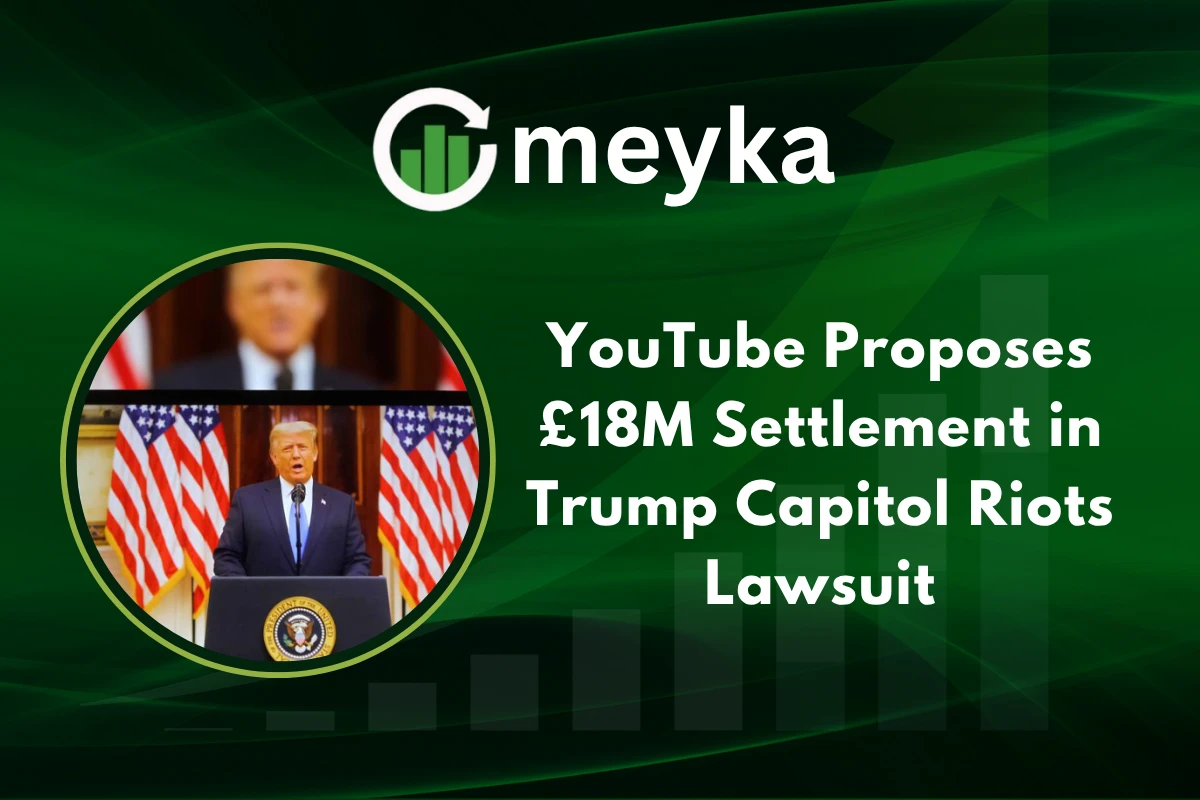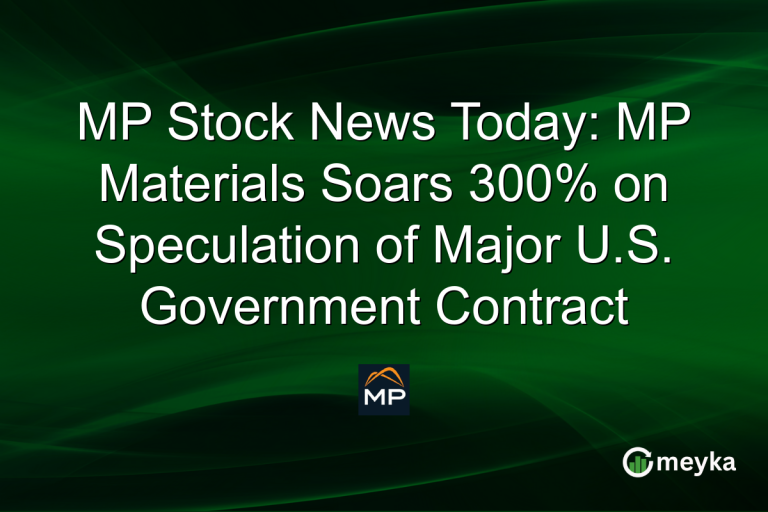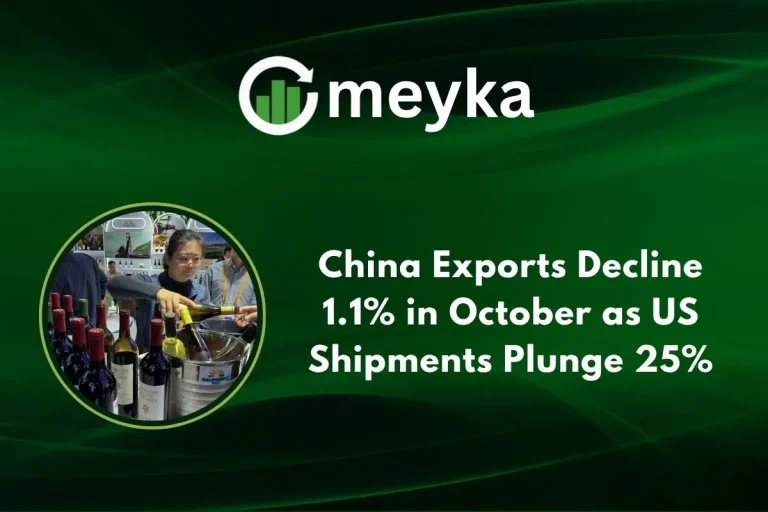YouTube Proposes £18M Settlement in Trump Capitol Riots Lawsuit
YouTube has proposed a settlement to resolve Donald Trump’s suit over his account suspension after the January 6, 2021, Capitol riot. The deal, reported as $24.5 million (about £18.1m), would route most of the money to a National Mall project and smaller sums to other plaintiffs.
Continue Reading on Meyka
This article is available in full on our main platform. Get access to complete analysis, stock insights, and more.
Read Full Article →





